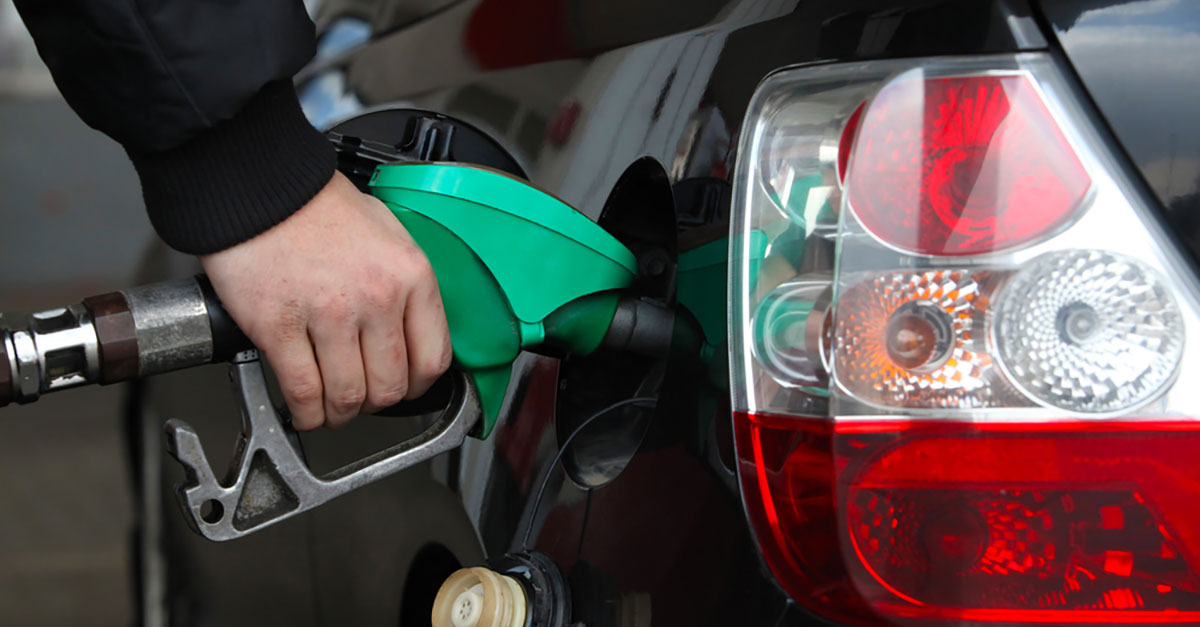-
Your shopping cart is empty!
“Our diesel fuel is getting better?!” Well, yes it is. But that doesn’t mean we can all become complacent with what we are buying. Sure, the level of sulphur has been removed to nearly none in diesels now and the side benefit of that is less soot (smoke) coming out the tailpipe. But all the usual things that were problems before are still there.
One that consistently comes up in our workshop is water and algae growth. So, diesel has algae growing in it? Well, actually not. It grows in the water. Luckily, the dreaded algae that you have probably seen when you have changed a fuel filter (usually in the form of black jelly like goop) are pretty easy to stop. Just keep the water out of your diesel to keep the algae out of your diesel.

I have mentioned on previous blogs that you should buy your fuel from reputable garages. If you’re using drum fuel, always make sure that you keep the breather lids on after refuelling. Fuel from smaller drums, and even fuel from your vehicle’s fuel tank, can be more prone to water and algae than big underground tanks. Size matters in this instance. As the small volume of fuel in a drum or fuel tank heats up during the day, the air is pushed out. During the night, and probably many hours after the sun goes down, the cooler moist air starts coming back into the tank. This has plenty of moisture in it and so this is where, even after buying really good fuel, you can get moisture into your fuel tank. So just to cap it off, algae grows in water and NOT in diesel. It now becomes a problem for us diesel owners because water is easily separated from oils. Add the fact that water will sit under diesel in the bottom of a filter or tank where all the yucky stuff sits and you have a growing problem.
How do you stop it? Again, buy fuel from regulated fuel garages. Good diesel has all the right additives, including water dispersants. These additives will break down the water so that it basically becomes so small in particle size that it mixes with the diesel and doesn’t have enough volume for the algae to grow. Some also have a poisonous chemical to kill any remaining algae.
So generally, you don’t really need to put in additives for this as regular filter changes and good diesel-buying practices will reduce the chance of water contamination. There are additives around that can give additional help, though. They have the same stuff the fuel manufacturer puts in their diesel. BUT, if you have suspicious fuel and have been getting blocked filters from the black goop, then certainly use some for a few tank fills at the recommended dose. Be careful not to overdose as some fuel conditioners are very high in hydrocarbons or burn enhancers and can damage the injection system if used above recommendations.
Safe 4Wheeling!
Andrew Leimroth
Berrima Diesel